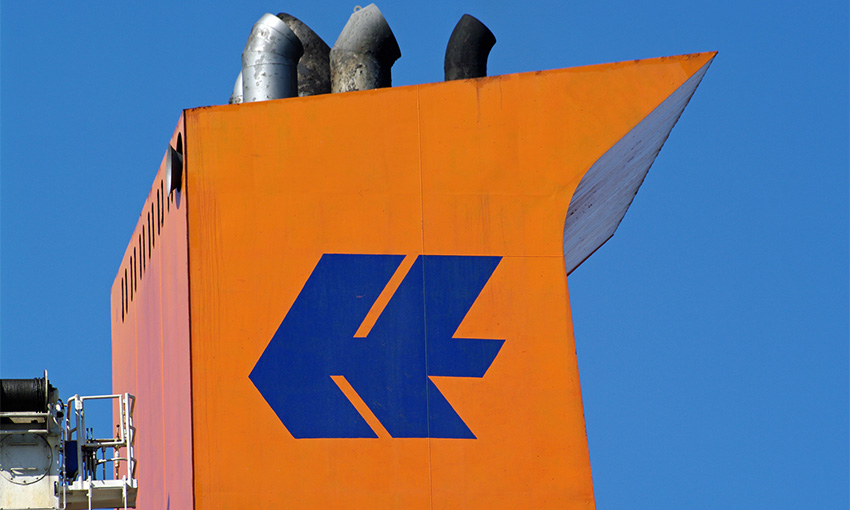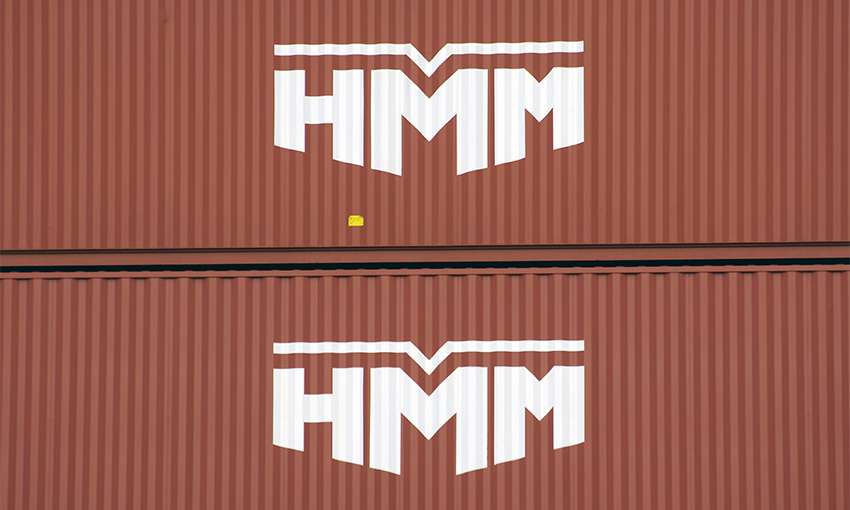IN PURSUIT of its strategic decarbonisation goals Hapag-Lloyd, in conjunction with tonnage-provider Seaspan, is to retrofit five containerships to enable them to operate on methanol.
The 10,000 TEU ships, on long-term charter from Seaspan (now part-owned by Ocean Network Express) will have their conventional MAN S90 engines converted for dual-fuel operation at an estimated total cost of US$120 million.
The methanol option represents a change of direction for Hapag-Lloyd which, in 2021 converted the 14,600 TEU Sajir to operate on LNG rather than heavy fuel. However, the conversion took longer and proved more expensive than anticipated and the experiment has not been repeated. Nevertheless the ship, now named Brussels Express, was recently successfully bunkered with liquid biomethane, described as a “sustainable version of LNG”.
The German carrier says its investments are not only focused on newbuildings or retrofits (dual-fuel propulsion) and the optimisation of the efficiency of its existing fleet (Fleet Upgrade Program), but also on covering the exploration and sourcing of green fuels. Green methanol is thereby emerging as one of the low emission fuels of the future, it says.
Dr. Maximilan Rothkopf, Hapag-Lloyd’s COO, said the methanol retrofit project was a further step in the line’s ambitious sustainability agenda, which aims to achieve the decarbonisation of the entire fleet by 2045. “By enabling these vessels to use green methanol as of 2026, we will meet our customers’ growing demand for green transportation solutions,” Dr Rothkopf said.
Seaspan Corporation’s COO Torsten Holst Pedersen said collaboration between strong and like-minded partners drives innovation: retrofitting must be an integral part of the strategy if the container shipping industry wants to deliver on its decarbonisation targets.
The vessels scheduled for retrofits are Seaspan Amazon, Seaspan Ganges, Seaspan Thames, Seaspan Yangtze and Seaspan Zambezi, all built in 2014 for charter to Hanjin, which collapsed two years later. The retrofit is expected to take approximately 80-90 days per vessel starting in the first quarter of 2026.





